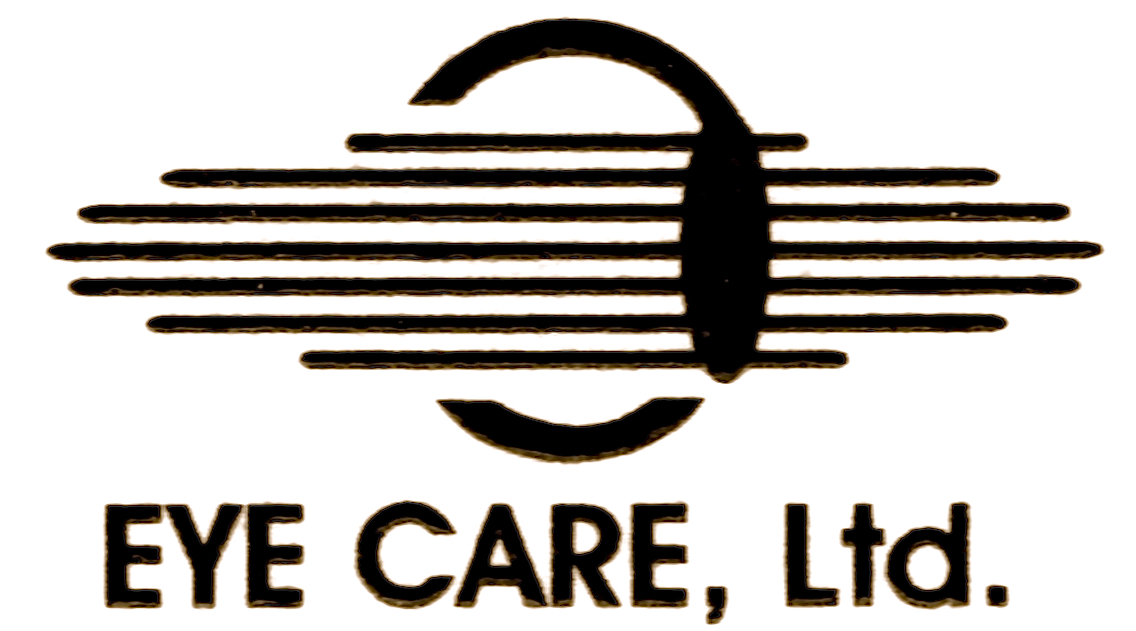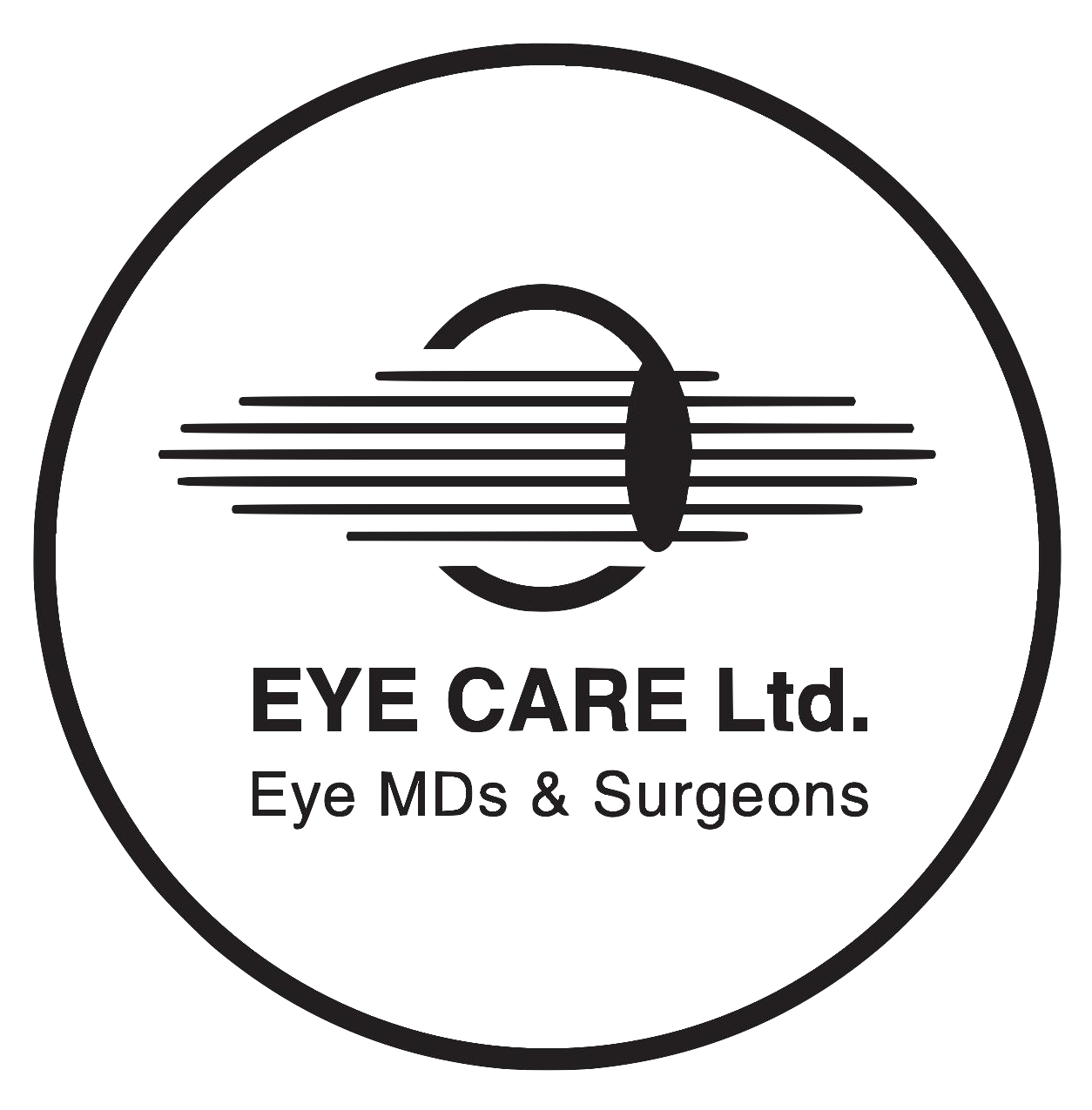What is a Cataract?
Cataract surgery is a procedure to remove the lens of your eye and, in most cases, replace it with an artificial lens. Your cataract surgery will be performed by one of our Chicago based ophthalmologists. It is a very common and is generally a safe outpatient surgery that does not require an overnight stay in the hospital
Approach the decision with these questions in mind:
- Can you see to safely do your job and to drive?
- Do you have problems reading or watching television?
- Is it difficult to cook, shop, do yard work, climb stairs or take medications?
- Do vision problems affect your level of independence?
- Do you have difficulty seeing faces clearly?
- Do bright lights make it hard to see in situations such as driving at night?
Preparing for cataract surgery
During one of your preoperative visits at our Skokie or Highland Park office, your eye surgeon will perform a painless ultrasound test to measure the size and shape of your eye. This helps determine the right type of lens implant (intraocular lens, or IOL).
Antibiotic eye drops may be prescribed for use one or two days before the surgery. You may be instructed not to eat or drink anything 12 hours before the procedure.
Normally you can go home on the same day as your surgery, but you won’t be able to drive, so arrange for a ride home. Also line up help around home, if necessary, because your doctor may limit activities, such as bending and lifting, for a few days after your surgery
Surgery Day
Cataract surgery, usually an outpatient procedure, takes an hour or less to perform. Eye drops placed in your eye dilate your pupil. You’ll receive local anesthetics to numb the area, and you may be given a sedative to help you relax. If you’re given a sedative, you may remain awake, but groggy, during surgery.
Typically, two things happen during cataract surgery — the clouded lens is removed, and a clear artificial lens is implanted. In some cases, however, a cataract may be removed without implanting an artificial lens.
Once the cataract has been removed, a clear artificial lens is implanted into the empty lens capsule. This implant, known as an intraocular lens (IOL), is made of plastic, acrylic or silicone. You won’t be able to see or feel the lens. It requires no care and becomes a permanent part of your eye.
Postoperative Care
After cataract surgery, expect your vision to begin improving within a few days. Your vision may be blurry at first as your eye heals and adjusts.
You’ll typically see your eye doctor a day or two after your surgery, the following week and then again after a month to monitor healing.
It’s normal to feel itching and mild discomfort for a couple of days after surgery. Avoid rubbing or pressing on your eye. Your doctor may ask you to wear an eye patch or protective shield the day of surgery. Your doctor may prescribe eye drops or other medication to prevent infection, reduce inflammation and control eye pressure. After a couple of days, all discomfort should disappear. Often, complete healing occurs within a few weeks.
Contact our office immediately if you experience any of the following:
- Vision loss
- Pain that persists despite the use of over-the-counter pain medications
- Increased eye redness
- Light flashes or multiple spots (floaters) in front of your eye
- Nausea, vomiting or excessive coughing
Most people rely on glasses, at least some of the time, after cataract surgery. Your doctor will let you know when your eyes have healed enough for you to get a final prescription for eyeglasses.
If you have cataracts in both eyes, your doctor typically schedules a second surgery within a month to remove the cataract in your other eye. This allows time for the first eye to heal before the second eye surgery takes place.
Premium IOL FAQs
At Eye Care Ltd, we offer the latest technology in lens or IOL implants to maximize your postoperative vision. The premium IOL technology includes lenses such as Restor, Tecnis multifocal and Crystalens which have technology that enable both distance and near vision after cataract surgery. If the FDA trials, more than 80% of patients were glasses free after surgery. Also, 95% of patients were so satisfied they would have the same lens implanted again.
Astigmatism can also be corrected during cataract surgery with a Toric IOL or relaxing corneal incisions performed during or after cataract surgery.
Please call our office to make an appointment. We will do all the necessary testing to determine which lens is best suited for your needs.

